The inspiration for this piece came from a round table discussion organised by the Ford Foundation in honour of retiring senior programme officer, Dr. Joseph Gitari. Held on Thursday, July 10 at the Foundation’s West Africa office in Banana Island, Ikoyi, Lagos, the send-off ceremony saw a gathering of civil society activists, journalists, civil servants, environmentalists, lawyers, and development workers deliberating on the 2015 elections. A Kenyan, Gitari’s work both in his home country and Nigeria had focused on elections and other aspects of governance. So, which better way to bid him goodbye than a discussion on elections?
From the speakers, it is crystal clear that we are not yet ready for next year’s elections. The “we” include all Nigerians and those agencies or organs or bodies charged with the conduct of the elections and the subsequent happenings after the elections. From the National Assembly, which has powers to amend the Electoral Act, the law that governs all elections, to the political parties, which are no more than an agglomeration of buccaneers sucking Nigeria dry and the sleeping media, which has refused to hold other actors responsible for their actions or inactions, most Nigerians are caught in the inadequate preparation.
Of course, elections on their own do not guarantee full democratic rights as our own experience has shown. It is also funny that we seem to focus more on what transpires on election day itself than the many other factors, which put together guarantee a successful election. Our campaign finance law is still a shambles with more grey areas than clear guidelines on how much can be spent on a campaign. Many are not even aware that there exists a law regulating campaign finance in the land. That’s why we should all show greater concern as the National Assembly some two weeks ago amended the Electoral Act that guides the conduct of elections, seven months to those elections.
Many commentators and citizens alike have written on the June 21 Ekiti State governorship election especially on the heavy presence of security agents before, during, and after the election. With the presidential election holding on February 14 next year, how do we ensure effective security on election day? While the total number of our security forces is not known, it is practically impossible that the heavy level of deployment seen in Ondo, Anambra, and Ekiti States during elections will be replicated nationwide next year. What impact will this have on security on election day? Beyond citizens ‘monitoring’ their votes, will a policeman that is usually posted to a polling unit suffice?
Advertisement
The low intensity war currently going on in Borno, Yobe, and some parts of Adamawa States was also discussed and we agreed that how the Federal Government solve the Boko Haram conundrum between now and the time of elections will determine if the Independent National Electoral Commission (INEC) is able to conduct elections in those areas. If not, how does that affect the results of such elections? The North West states of Jigawa, Kano, Kaduna, Katsina, Kebbi, Sokoto, and Zamfara, are possible flash points as well. We have seen some killings in Kaduna State already just as Plateau and Bauchi have witnessed pockets of violence.
Furthermore, it is perhaps a problem peculiarly Nigerian that seven months to a presidential election, there are no known candidates. While it is almost a given that President Goodluck Jonathan will run again, other political parties are yet to show Nigerians who will be their flag bearers. The media is also not asking serious questions on what should be the issues or themes for those who are aspiring to lead us. What most media outlets publish or show these days are reportage of events without rigorous analysis or deep insight into the main issues.
True, APC might be the only opposition party, as APGA and Labour Party seem to be appendages of PDP, but this is not enough for the media’s refusal to beam the searchlight on possible candidates. What are their antecedents? Any record of achievement or corruption issues in the past? As we have seen, coming from a poor background is no guarantee of good performance and so an I-had-no-shoe narrative should not hoodwink us again. In discussions with Nigerians from different parts of the country, especially women, the release of the Chibok girls featured prominently in the list of their expectations from the Jonathan government. In effect, it is a referendum on President Jonathan’s performance, but this sense is not well reflected in the media.
Advertisement
There has not been a robust reportage of INEC particularly on its preparedness for next year. Does it have enough funds to superintend the elections? Can it justify previous budgetary allocations? What about its recruitment and procurement policies? Fine, it currently has a system for voters to search for their polling units via sms, but does it have a robust technological infrastructure that is backed up effectively both onshore and offshore?
Questions and more questions, but the earlier we started asking, the better for us all. We have only seven months to get things right.
1 comments
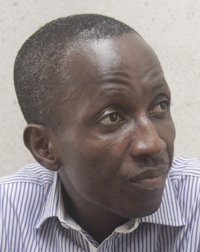
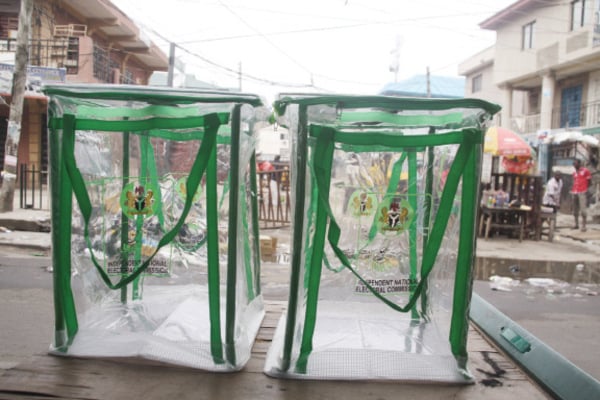
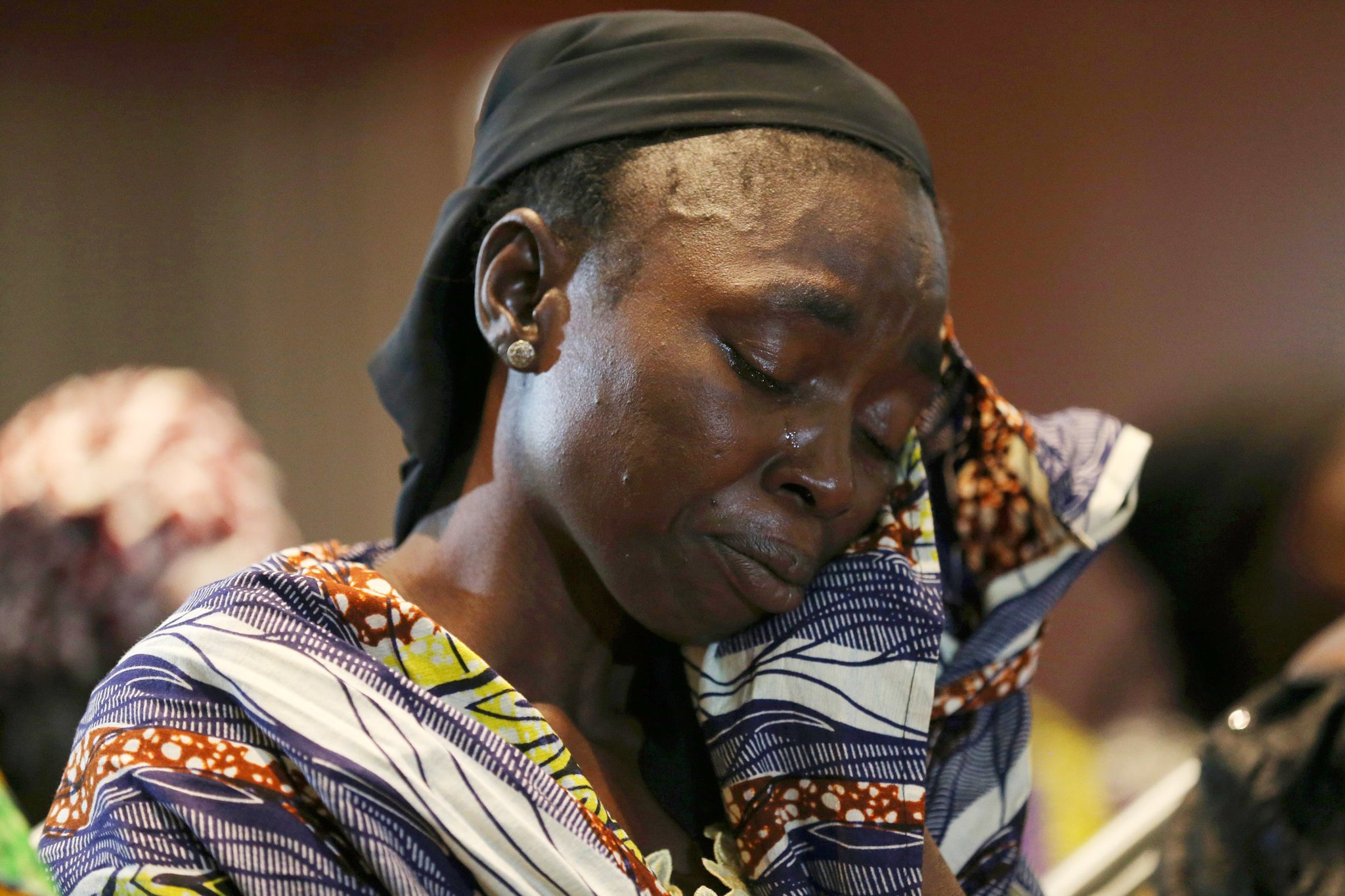


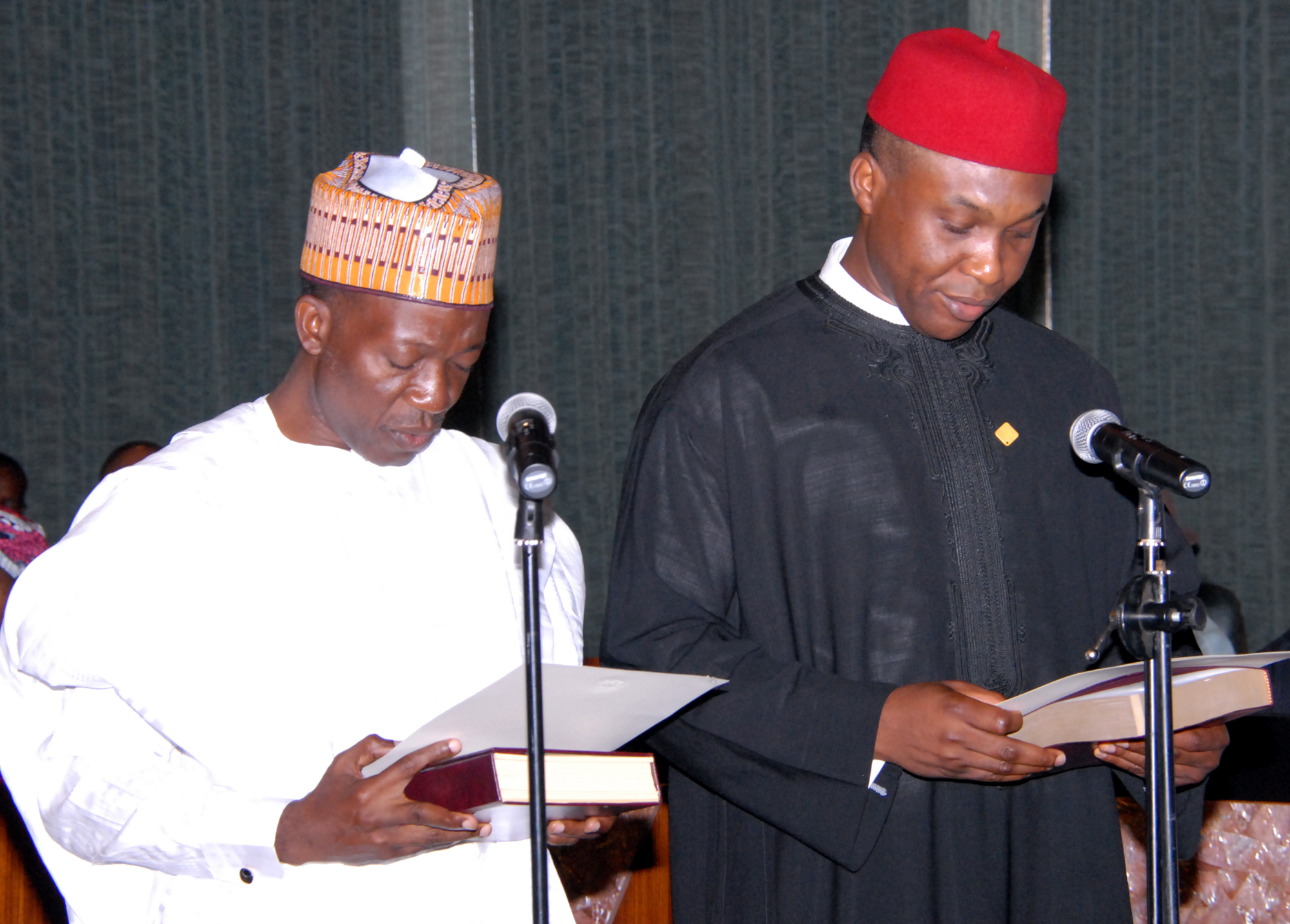
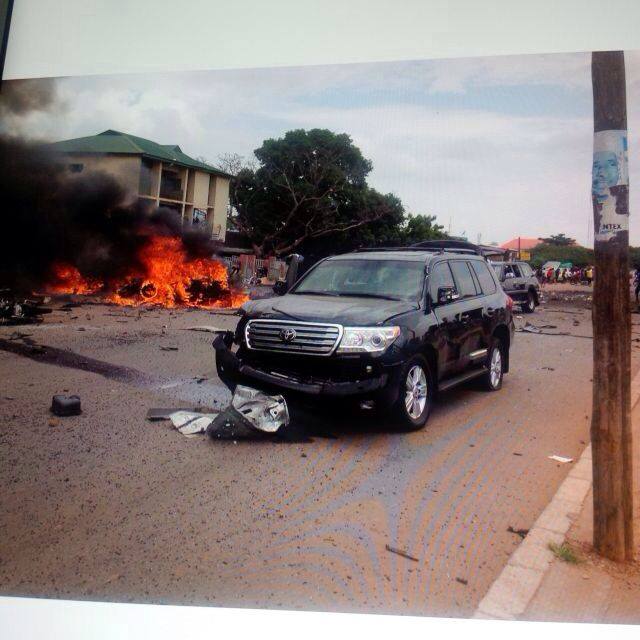
Nigerians will evolve to the level where societal issues become the driving force for electoral choices. For now ,other mundane factors such as religion , ethnicity and money still drive choices. It is not necessarily tragic. We are getting better at least at the State level, where Governors are now under the spotlight and can actually lose elections , based in their perceived performance.